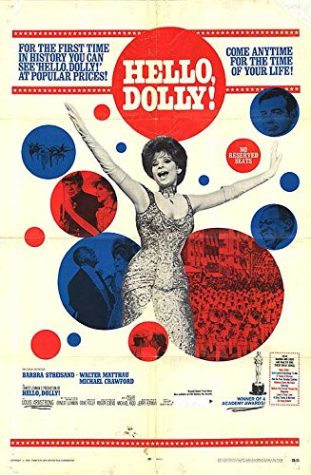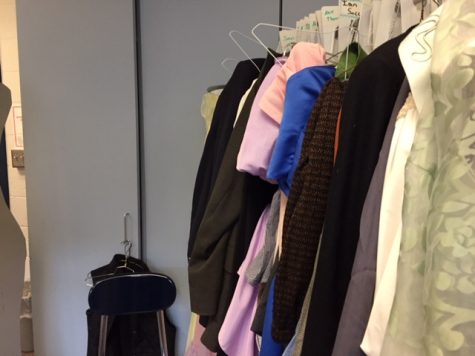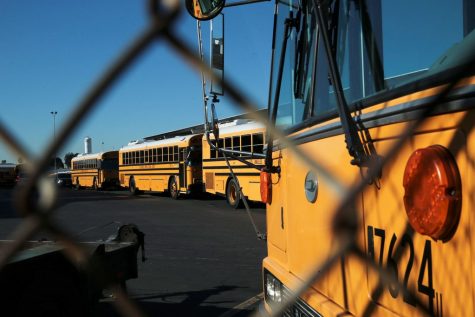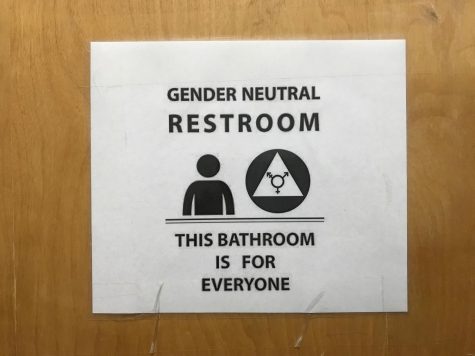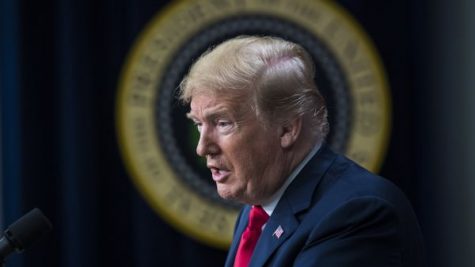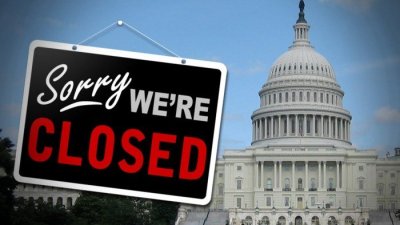CT Senators and State Representatives Propose a Statewide Ban on Single-Use Plastic Bags
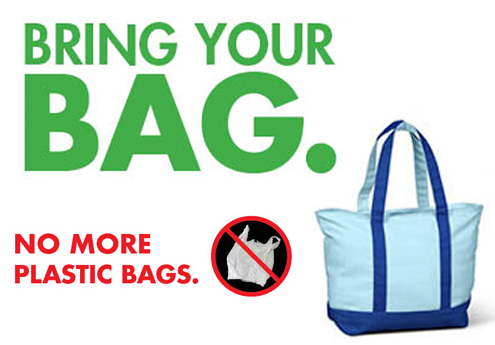
February 13, 2019
Walk in a grocery store and take a close look around. To see foods not packaged in plastic is a rare sight, unless you go to the produce section. But even then there are still large amounts of plastic. Berry containers, plastic-wrapped cucumbers, spinach, cherry tomatoes, bags of onions and more are all contained in plastic. These plastic wrapped products you buy end up in a single-use plastic bag, for the customer’s benefit to carry their groceries.
These plastic products are detrimental to our environment. Plastic contains harmful chemicals such as pthalates, BPA, cadmium, lead and more cancer-causing toxins. Chemicals can then leech into our food and be ingested by the consumer, or by an animal that finds stray plastic litter.
Plastic is not degradable and can kill animals once ingested. Sea turtles often mistake plastic bags for their main source of prey – jellyfish – and can choke and be unable to swim properly with a plastic-filled stomach. Social Studies teacher Ms. Marchello believes “plastic that enters major bodies of water pose deadly problems for marine life, due to the fact that plastic is not biodegradable and is composed of harmful chemicals.” So how can we ensure plastic does not end up in our oceans? By banning plastic.
California became the first state to ban plastic bag use at large retail stores in 2014, and it also placed a 10-cent minimum charge on each plastic bag bought; Hawaii has also banned single-use plastics.
As of 2019, cities such as Los Angeles, San Francisco, Seattle, Chicago, Boston, and Austin have banned plastic bags. Brownsville, Texas, Boulder, Colorado, Montgomery County, Maryland, New York City, Portland, Maine and Washington D.C. have issued fees on plastic bags. So how come Connecticut has not jumped on the bandwagon?
Hopefully the state will soon. As of Saturday, February 9, a group of state legislators held a beach news conference in Westport focused on banning single-use plastic bags statewide. Senator Will Haskell (D-Wilton) and State Representative Jonathan Steinberg (D-Westport) spoke at Compo beach Saturday afternoon surrounded by members of the Reusable Bag Alliance. An estimated 60 people showed up at Compo beach this past Saturday. Senator Haskell made a point that Connecticut should follow Westport’s example. Westport banned single-use plastic bags 10 years ago, and in this meeting, the state legislators hoped to discuss banning them statewide. Greenwich, New Canaan, Norwalk, Stamford, and Weston have also installed similar laws like Westport. State Rep. Steinberg, Senator Haskell and State Rep. Kim Rose (D-Milford) proposed bills to ban the use and distribution of single-use plastics called Senate Bill No. 236, “An Act Prohibiting the Use and Distribution of Plastic Single-Use Bags”. There are also legislations to place a fee on paper bags, and encourage the use of reusable bags.
Various people are in agreement with this ban, including Wayne Pesce (president of the Connecticut Food Association), State Rep. Gail Lavielle (R-Wilton) and Senator Tony Hwang.
Students at FLHS are also in agreement. One sophomore believes that if this law is passed it “will likely reduce the amount of plastic that drains into the [Long Island] Sound.” Junior Hannah Johansson believes “plastic poses many environmental risks; not only to marine life, but to the cleanliness of Earth in general.” She has hope “that we can reverse the damage we have done and restore our beautiful planet” and that it is “not too late to reduce the plastic we use on a daily basis.”
If these new legislations will pass, Connecticut will be on its way to become a greener state, something that will not only benefit our rivers and ocean, but the community as a whole.



